How did the EU, US, and Canada decide and implement their electoral assistance in the Palestinian Territories (PT)? Why did the EU, the US, and Canada embark on assisting the elections in the PT, and what factors influenced their electoral assistance? What lessons can be learned for other countries approaching elections after a long period of conflict? This book answers these questions and charts the process of electoral assistance with an in-depth analysis of each transatlantic actor's electoral assistance in the PT. It shows that, despite the many institutional and operational differences between the EU, the US, and Canada, the three actors do share common interests and influencing factors which often unify their response. The book also reveals the limitations facing electoral assistance and the implications of this on the sustainability, clarity, consistency, and responsiveness of the policy. In this systematic, comparative analysis of European, American and Canadian efforts to assist elections and transform governance in conflict zones Rouba Al-Fattal greatly advances the empirical knowledge of electoral assistance and provides the first steps needed to reform electoral assistance policy to cope with the challenges of the twenty-first century.
Industry Reviews
'Within three decades, democracy promotion has evolved from scholarly musings into key foreign policy priorities of the EU, Canada and the US. This highly accessible work refines the debate through its exhaustive analysis of contrasting approaches to perhaps the most visible sign of democratisation: electoral assistance and, deploying the case of the Palestinian Territories, offers readers acute observations for cultivating democratic systems and civil societies.' Mitchell A. Belfer, Metropolitan University Prague, Czech Republic 'Comparing US, EU and Canadian electoral assistance programs in the Palestinian territories, Rouba Al-Fattal has written a detailed, well-crafted, and sober study that will interest academics and patricians alike. Her important book sheds new light on the limits and challenges of democracy promotion by external actors.' Frederic Merand, University of Montreal, Canada 'Why did the EU, the US, and Canada embark on assisting the elections in the Palestinian Territories, and what factors influenced their electoral assistance? In this systematic, comparative analysis of European, American and Canadian efforts to assist elections and transform governance in conflict zones, Rouba Al-Fattal Eeckelaert provides a thought provoking read for students of IR and democracy... Transatlatic Trends is a useful book that prompts the reader to think through how Western foreign policy should respond to the rise of democracy, or at least elections, in the Middle East... the book provides a very good introduction to electoral assistance to Middle East countries. I look forward to reading Al-Fattal Eeckelaert's future work, and hope she provides similar analysis on the western role in more recent Middle East elections.' LSE Review of Books




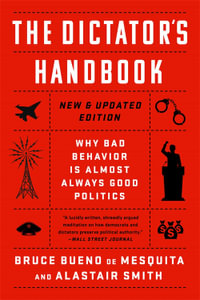



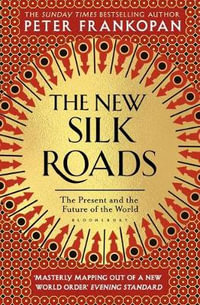
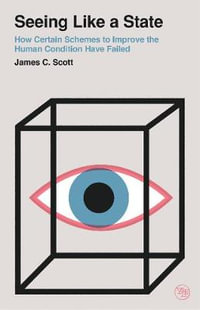

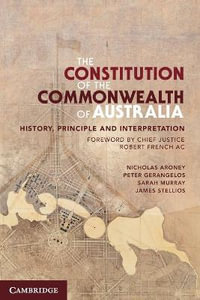
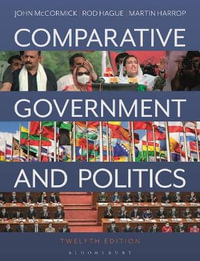
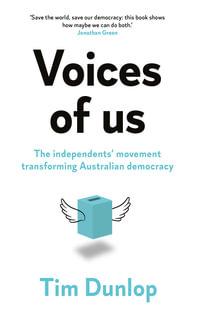
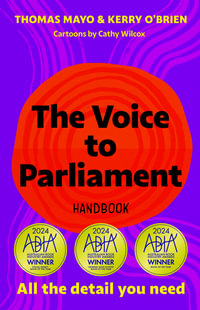


![Inequality around the World : Understanding the Rich-Poor Divide from America to Zimbabwe [2 volumes] - Deric Shannon](https://www.booktopia.com.au/covers/200/9781440876714/4109/inequality-around-the-world.jpg)






